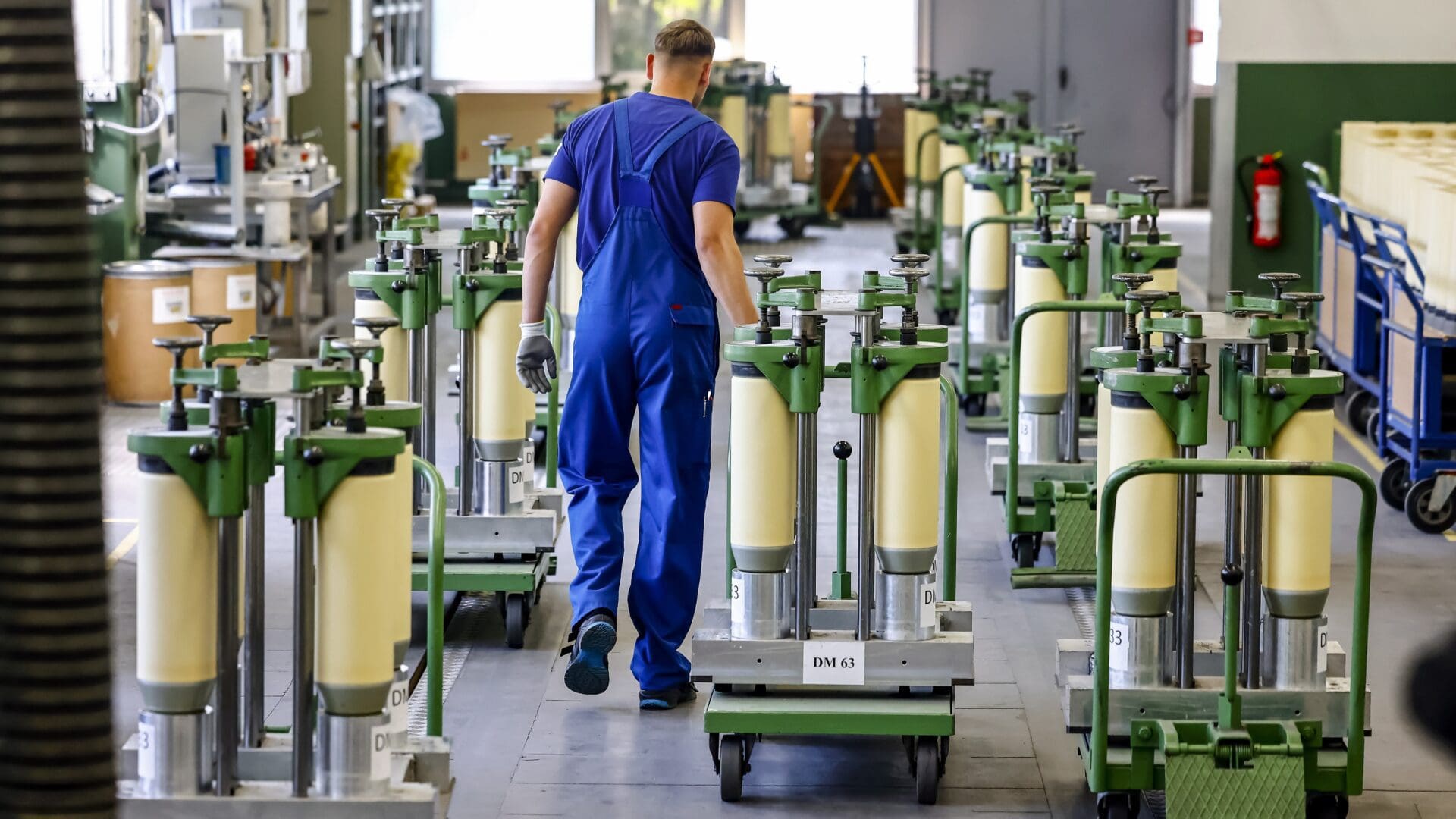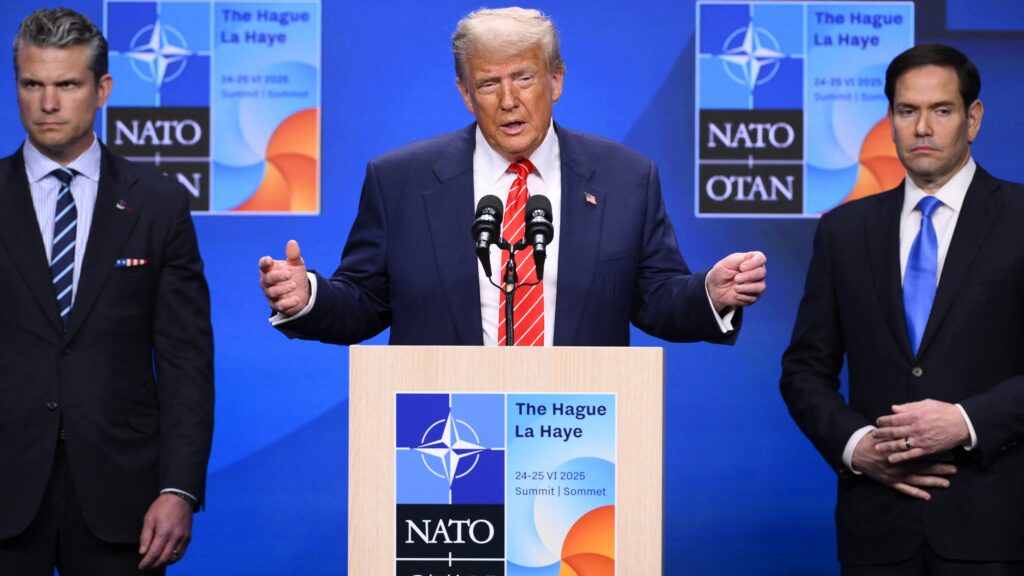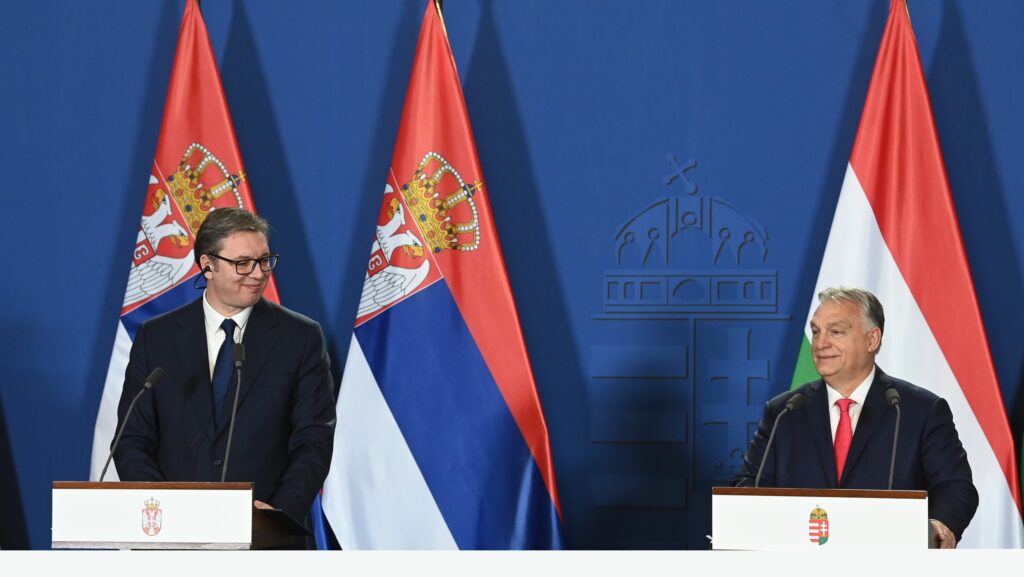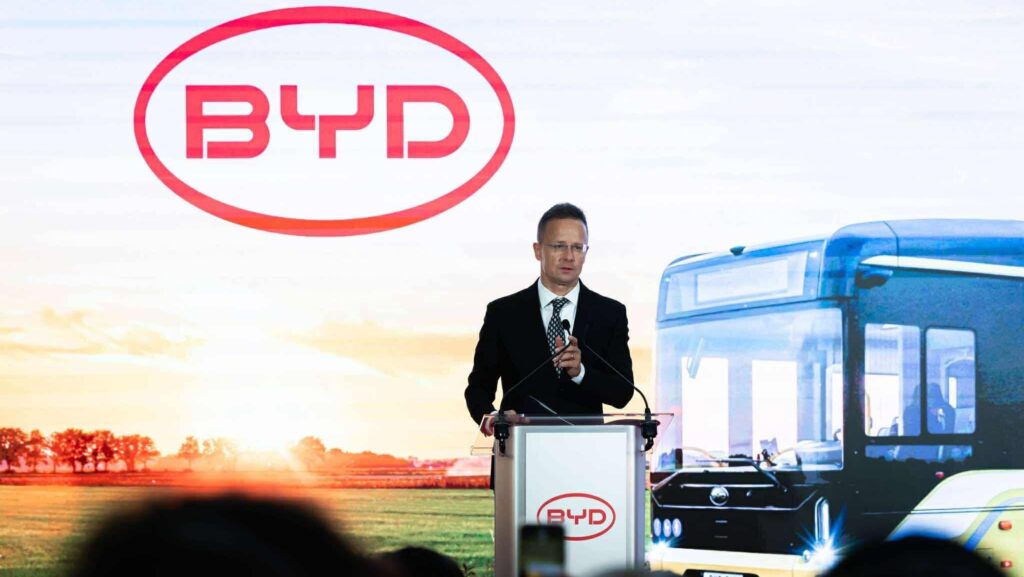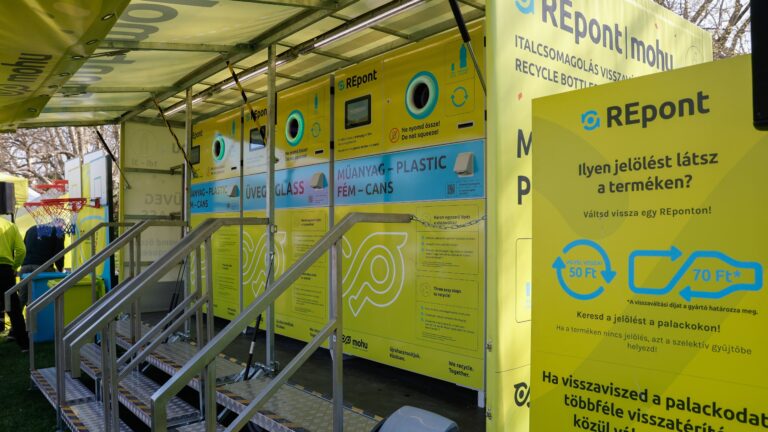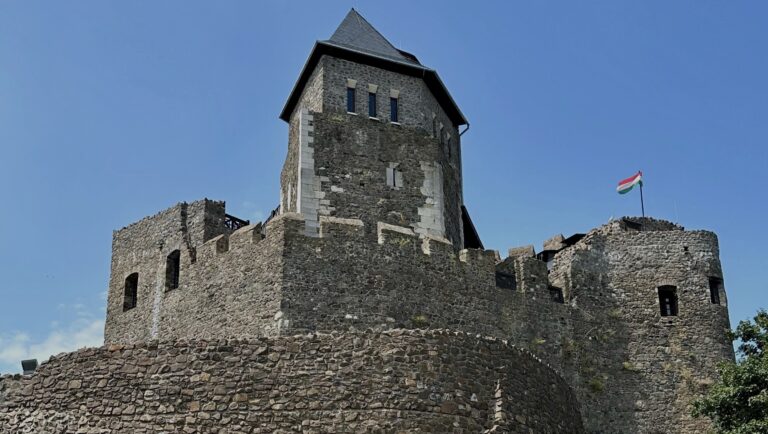The German automotive and arms manufacturer Rheinmetall AG has become a strategic partner in the Hungarian force development and modernisation programme launched in 2016, and is one of the largest investors in the Hungarian defence industry. For the company, Hungary is not only a market but also an opportunity to expand their production capacity, by which they are also playing an active part in the rebuilding of the Hungarian defence industry. Paul Walf, Rheinmetall Head of Corporate Coordination Central Europe, talked about the firm’s ongoing cooperation and future projects in Hungary in an interview with Mandiner.
The Hungarian defence sector was a neglected area for decades following the system change, and the negative trend did not substantially change even after the country acceded to NATO in 1999. The size and capabilities of the Hungarian armed forces kept being drastically reduced and, with a few exceptions, the focus was on maintaining the rusting military equipment left over from Soviet times in working order.
Finally, in 2016, a long overdue force development programme, called ‘Zrínyi 2026’, has been announced with the objective of increasing the size and level of ambition of the Hungarian armed forces, primarily through the procurement of state-of-the-art military technology and personnel equipment.
To achieve the latter, Hungary not only intends to rely on foreign suppliers but also aims to rebuild the Hungarian defence industry. The rebuilding of the country’s once functioning defence industry can be regarded as a long-term investment which strongly contributes to the Hungarian economy. With the new national defence industrial capabilities, Hungary’s aim is not only to make its army self-sufficient
but also to make the country an arms exporter.
With the building up of the Hungarian defence industry, the government does not want to create assembly plants only, but has also launched research and development projects as well, which will allow the country not only to produce but also to develop weapons.
In this regard, the German automotive and arms manufacturer Rheinmetall has become a reliable, strategic partner in recent years. Since 2019, Rheinmetall and the Hungarian government have jointly implemented a successful investment strategy aimed at supporting the modernisation of the Hungarian Defence Forces and simultaneously rebuilding the Hungarian defence industrial capabilities. At that time, the goals and long-term strategic visions of Hungary and Rheinmetall were almost identical, Paul Walf, Rheinmetall Head of Corporate Coordination Central Europe told Mandiner. While Hungary was aiming to build up its defence industry, Rheinmetall was not simply looking to gain new customers, but also to expand its capacity to meet growing demand.
Rheinmetall is one of the few companies of its type with a proven track record of successful localisation projects. But that is only part of the story. Equally important was the trust that was built between the stakeholders on both sides in the process of expanding cooperation: trust on a personal level, i.e. trust in each other’s ability and willingness to deliver on an ambitious strategy. We can now see the positive results of the first agreements, with the Lynx Infantry Fighting Vehicle (IFV) already in service with the Hungarian Defence Forces and the industrial investment progressing at an impressive pace, Mr Walf explained.
Rheinmetall’s strategy in Hungary is twofold: on the one hand, it wants to remain a reliable partner for the Hungarian Defence Forces. On the other hand, the company wishes to increase their capacities and meet the growing demand of customers, so they are building sustainable defence ventures for the production and development of armoured vehicles, ammunition, weapon systems and digitalisation solutions, in which the facilities in Hungary play a major role. In total,
there are four Rheinmetall production and research and development facilities in the country,
operating in the form of joint ventures.
In Zalaegerszeg, the development and production of state-of-the-art tracked and wheeled vehicles, including the Lynx infantry fighting vehicle are underway, and a modern, extensively equipped test centre is being built as well, which makes the facility the most modern combat vehicle production and test facility in Europe. Hungary has ordered 209 Lynx KF41 infantry fighting vehicles in seven variants, 18 support vehicles and 38 military trucks from the company, most of which will be produced in Hungary.
In Szeged, a plant to produce hydrogen and e-mobility components will be set up as part of Rheinmetall’s civil activities. In Budapest, the newly founded Rheinmetall Electronics Hungary Ltd. is part of Rheinmetall’s Electronic Solutions division and focuses on the development and testing of comprehensive, high-end software solutions for large-scale military or civil customer projects. In Várpalota, Rheinmetall and the Hungarian government jointly started to build one of Europe’s largest ammunition and explosives production plants, on a total of 300 hectares. The RDX explosives produced here will supply Rheinmetall’s European factory network, thereby significantly reducing Europe’s current dependence on external suppliers.
The Hungarian government is thus making a major contribution to European strategic autonomy and is enhancing the EU’s security,
Mr Walf emphasised.
Reflecting on the impact of the war in Ukraine, Paul Walf said that orders, which had previously been streaming in, have suddenly started to flood in, while the supply chain problems caused by the pandemic have not yet been resolved. Therefore, defence projects—both the equipment and the industrial capacity—take time to build up, which governments need to consider when planning to invest in the defence sector, as delaying decisions in this regard could cause significant delays for future buyers. In the face of an unpredictable future, Rheinmetall is striving to diversify with agility and resilience as two of the key competencies in mind in our rapidly changing world, Paul Walf stressed.

